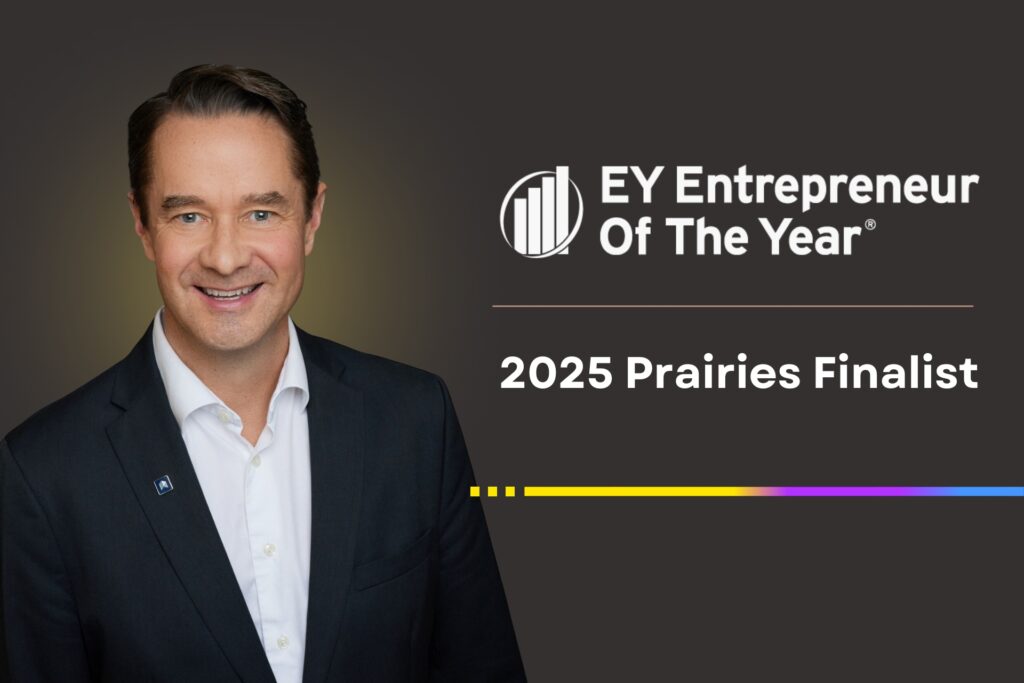Guidelines to Combat Ageism Bias in Your Job Search
Share This Article
Combating biases in your job interview
Let’s review these six common biases and how you can combat them during the interview process.
1. Older adults have lower productivity and motivation
This can apply at any time to anyone. Productivity and motivation are not synonymous with ageing. To demonstrate your ability to be productive, highlight your measurable achievements; how has your knowledge increased over time? What skills have you recently learned? Talk about your motivation to find meaningful and stimulating work and indicate that now is the time for you to focus on your career (kids are self-sufficient, etc.).
2. Older adults are more resistant or less adaptable to change
Adaptability varies from person to person. Talk about new systems you implemented, or processes you’ve made more efficient, and innovative projects you have led. Don’t forget to address any revenue-generating ideas that were yours. Blast the bias that older workers won’t teach younger employees for fear of being replaced. Talk about people you’ve mentored; how much you enjoy team collaboration. Show that you are willing to work for younger managers or indicate if you’ve done so in the past.
3. Older adults are less likely to learn or develop new skills as fast as others
Share how you are a continual learner. Highlight any additional training or free courses you have taken and address your updated job skills. LinkedIn Learning offers so many free courses – take advantage of these and target industry-specific ones. Professionals who are committed to continuous learning and career growth are often the most desired by employers.
4. Older adults dream about retirement with one foot out the door
Be transparent about your plans; weave your 5-year or 10-year plan into the conversation, so assumptions about how close you are to retirement aren’t made. Express your interest in advancement and commitment to a company or career path.
5. Older adults are likely to have health problems that will affect their work
Talk about activities you do in your spare time, such as hiking, travelling, yoga, volunteering, and socializing. These things imply that you are an active individual and are just as capable as younger candidates.
6. Older adults are more costly to employ because they expect higher salaries
Be upfront about the pay range you are open to accepting. If you are “overqualified”, then explain why someone with your skillset would be open to taking a role with less demanding duties. Are you looking for more work-life balance? Are you no longer interested in working around the clock or travelling 50% of the time?
Age-proofing your job search tools
- Use a modern template and avoid dated or fancy fonts
- Omit outdated skillsets and graduation dates
- Focus on your recent (relevant) experience and be conscious of pages (2 max)
- Highlight your achievements
- Include a link on your resume to your LinkedIn profile
- Lead your profile with a passionate summary
- Include a professionally taken photo on your LinkedIn profile or consider not having a profile picture
- Eliminate dates on your education
- Focus on your recent work experience
- Indicate that you are open to new opportunities
Photo by Getty Images




